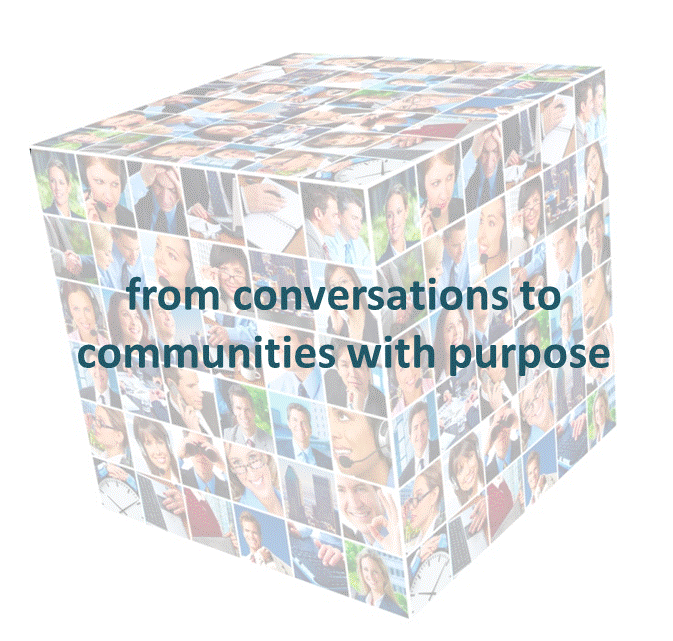Supporting Transient Communities with Twitter
Over recent weeks and months there has been a significant increase in the number of Twitter users and in the various ways individuals and groups are tweeting. One of the exciting ways to use Twitter is to be able to use the tool to harness knowledge and information from a community, large or small, which forms at a point in time. For example, at a conference, seminar, exhibition or other educational, business or sporting event.
Through using #tags as a means of isolating tweets relating to a specific subject, for example #ecsm http://twitter.com/home#search?q=%23ecsm was the tag for the social media conference I was a speaker at last week in London and a friend of mine is attending a conference in San Francisco http://twitter.com/home#search?q=%23wbenc
The communities which form around these events are transient and temporary, however the #tag allows all attendees to be connected for the duration of the event and provides a way to retain the communication about the event to all ettendees and offers an opportunity for others to access the conversation and also the links to other resources including the speakers, attendees, interested parties following the event and also links shared through twitter on the subject of the conference.
This ability to harness knowledge and connect with individuals who are interested or participating in a subject matter enables us to filter the noise on the web and enable us to develop our knowledge and understanding of a subject through others with a similar interest.
